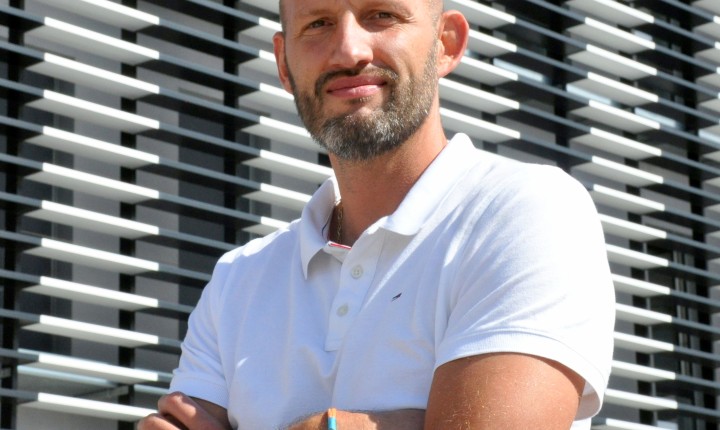Cardiovascular and neuromuscular responses to exercise throughout the adult lifespanThesis by Eric Luneau
Supervisors: Pr Guillaume Millet, LIBM - Vianney Rozand, LIBM
Context
Aging implies a decrease in the cardiovascular and neuromuscular functions, that leads to a reduced performance and increases the likelihood of older people losing their independence. Physical training is an effective intervention that provides health benefits apart from preventing and treating cardiovascular and neuromuscular diseases. Indeed, recent data support the idea that it is fitness, and not age, that explains the physiological responses to exercise. However, little is known about how quickly cardiovascular and neuromuscular functions decline throughout life, and to what extent exercise training can help mitigate the loss of these functions. In addition, most of the current knowledge regarding the mentioned functions is based on people ranging from young to 65-75 years old, however, the responses of very old people (> 75 years old) are unknown. Moreover, studying the effects of lifelong-training on health, will provide important information regarding the usefulness of physical training as a determinant factor for preventing loss of independence in older populations.
Objectives of this project
> Investigate the time course in decline of the cardiovascular and neuromuscular functions throughout the lifespan.
> Determine whether the chronic exposure to physical activity preserves the cardiovascular and neuromuscular functions over life. To do so, comparisons will be done between active and inactive aged people. The ultimate goal is to provide scientific evidence of the utility of physical training in preventing loss of function in the elderly for medical, societal and political actors.
Contract period: 10/2020 to 10/2023
Funding: AG2R


 Université Jean Monnet
Université Jean Monnet